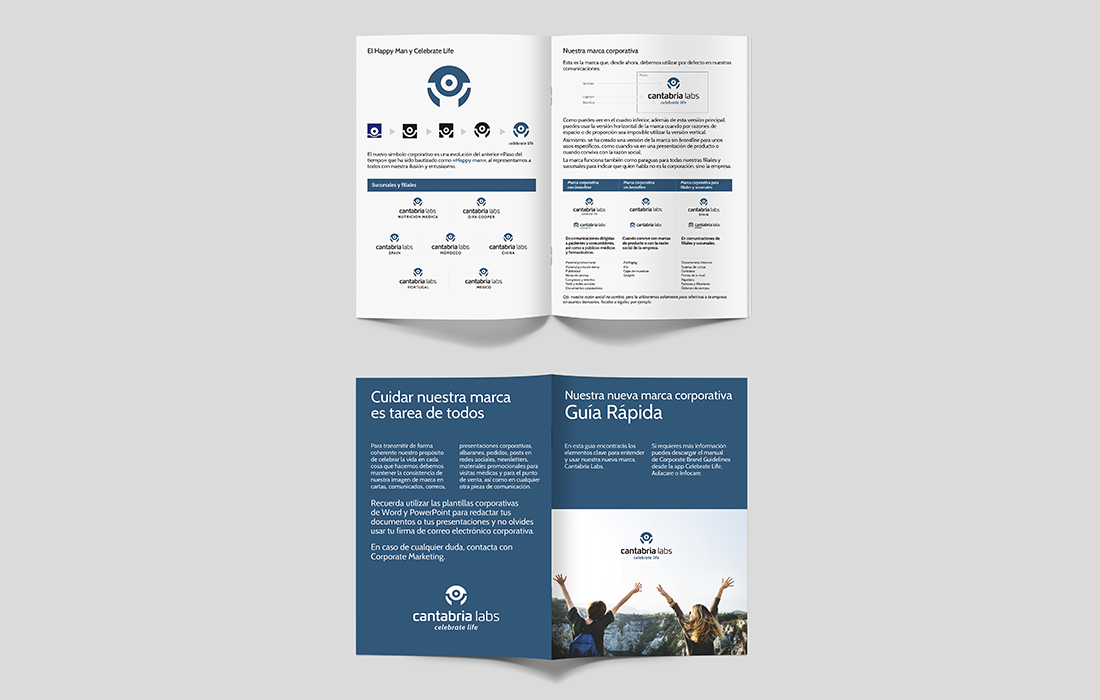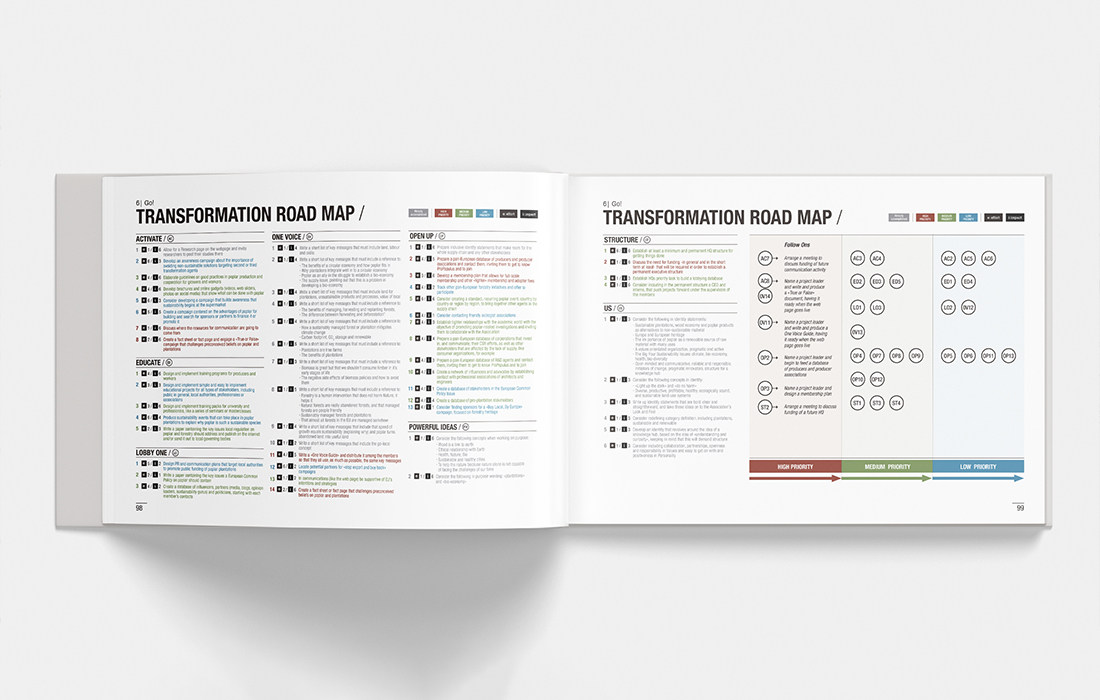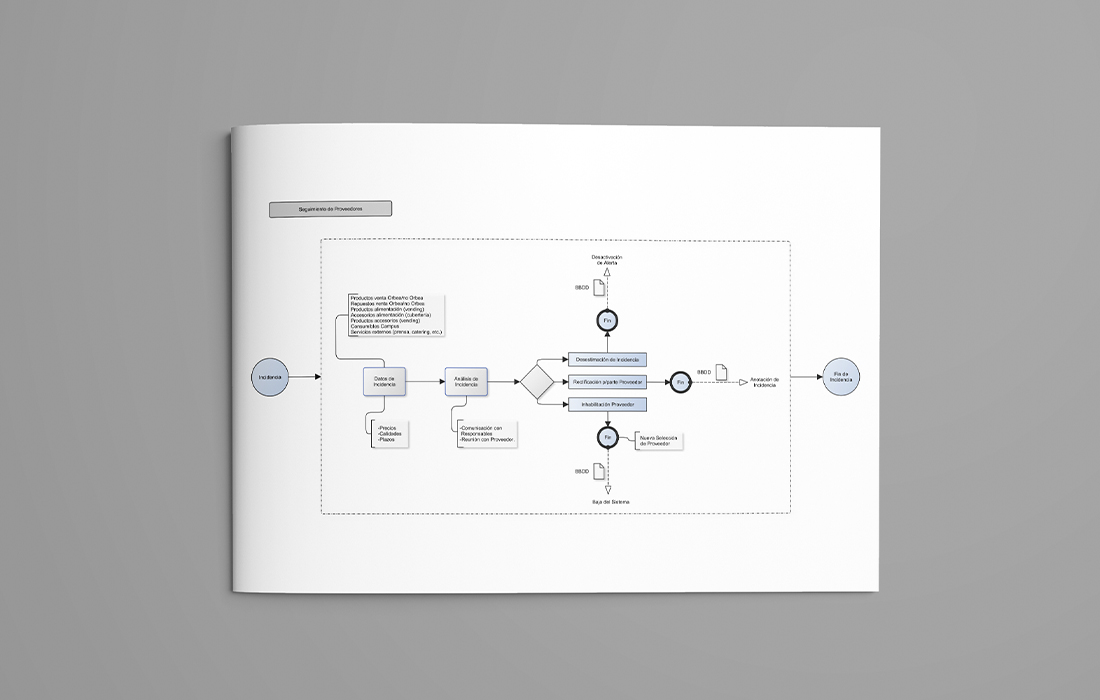
09 Apr Generation Z demands sustainable and purposeful brands
Whiplash Team, 9th April 2021
Generation Z demands sustainable and purposeful brands
Born between 1997 and the first half of the 2010s, the so-called generation Z, Zoomers or Zillennials, are entering the labour and consumer markets. They are digital natives, understand technology better than any of the preceding generations, and have a clear awareness that sustainability alone is not an option.
They are between 16 and 24 years old. They were practically born with a digital device in their hands and their natural daily environment includes social networking. The most iconic representative of this generation is, perhaps, Greta Thumberg, who mobilized young people around the world to demand a more sustainable planet to combat the threat of climate change. And although the global pandemic may have forced abandonment of street activism, the Zoomers continue to advocate for sustainability.
The Z are consumers conscious of the environmental impact of e-commerce. From the origin of the materials with which the products they purchase are manufactured, to packaging and home delivery. Thus, members of this generation increasingly make purchasing decisions based on whether the brand is sustainable or not.
A recent study by First Insight Inc. revealed that 62% of Gen Z prefer to buy sustainable brands. The same study indicates that 72% will probably buy products from a brand that contributes to social causes.
According to a study by the Bank of America, Zillennials currently generate income of $ 7 trillion (approximately € 5.8 trillion), and by 2030 their income is expected to represent 27% of global income. They will be, according to the research “the most influential population group for the economy” and due to their consumption habits, changes are on the horizon.
They expect their brands to be authentic and to contribute to society. The third annual international study of Generation Z, carried out by The Center for Generational Kinetics, reveals that 82% of respondents have more confidence in a brand that uses images and testimonials from real users in its advertising, and that 41% would make an extra effort to buy from a store that is in line with his/her values.
But there is more. Brands must bear in mind that this is a digital generation. The line between the virtual world and the physical world is very thin. They want the transition to be effortless and seamless. Everything, starting from the web page to after sales service, should be fluid. It is necessary to reinvent, to ensure that traditional activities such as going to the gym or the grocery shop become pleasant and extraordinary digital experiences.
It is true that the pandemic has accelerated the adoption of virtual life as a standard and has forced companies to make a gigantic leap in terms of digitalizing not only in their internal processes but also on the offer of products and services, and even so there is still a lot to do. The transformation of supply chains and production models to make them more sustainable and adapt them to a circular bioeconomy, for example, is still at an early stage.
In short, to conquer this new legion of consumers, who will control a large portion of the global purchasing power in the medium term, brands need to be authentic, proactive in the digital world, and effectively communicate their initiatives in terms of both sustainability and contribution to society. They need to be more innovative and effective in the digital world and must demonstrate that their social and environmental commitment is an intrinsic part of their purpose.

























